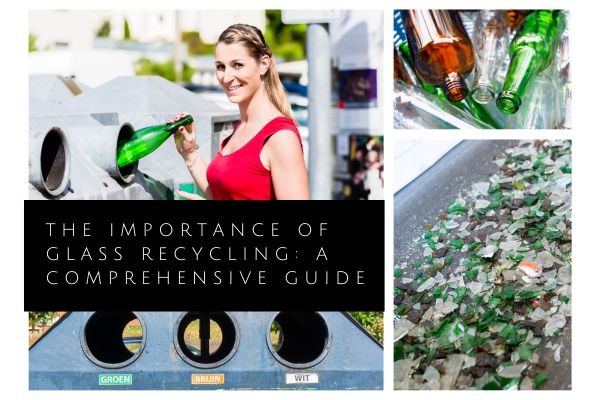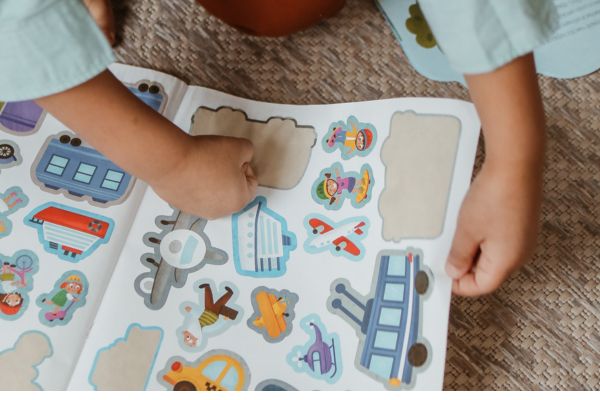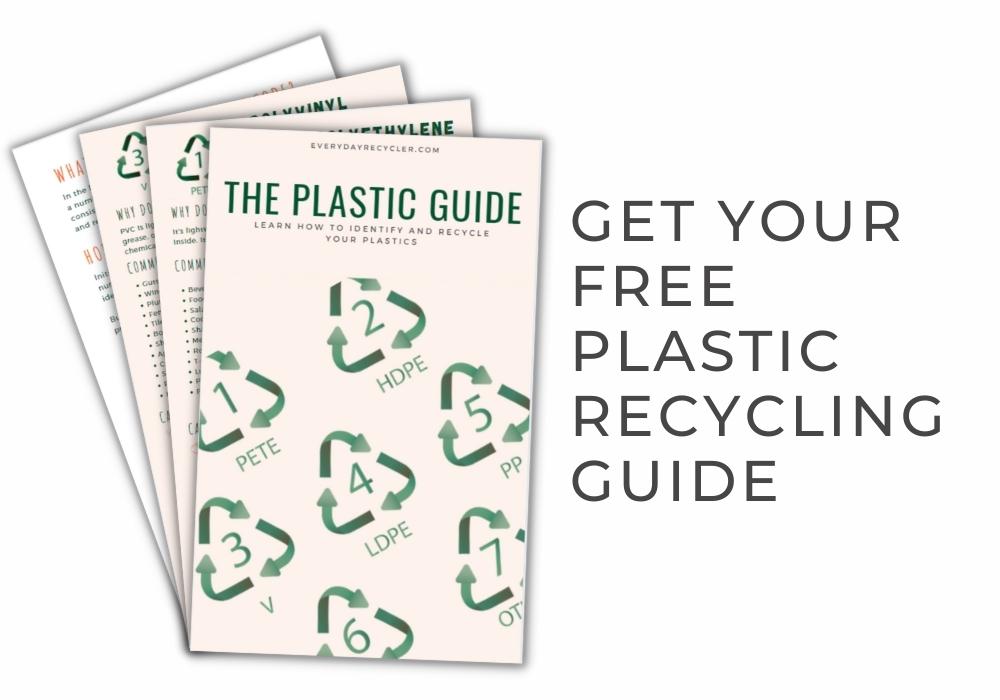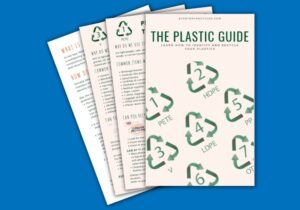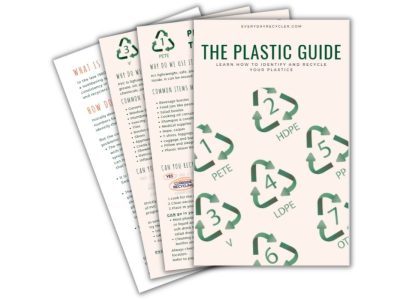Moving is a messy and complicated process. If you’ve ever attempted a big move before, you know there’s no way to avoid a mess. However, there are ways you can limit waste. Every large or small thing we do can have a large or small impact on the environment, and it’s up to us to take the initiative to make choices that benefit the world around us.
This post will show you some top ways to reduce waste so you can have the peace of mind that you’re making a positive impact.
Six Ways To Reduce Waste
1. Donate or Sell
Every person in the United States throws out an average of 5 pounds of waste daily. About every 15 hours, Americans throw away enough plastic to fill one of the largest NFL stadiums. Those are just regular days. Many people throw away much more waste than usual right before and immediately after moving.
After dealing with all the other headaches of moving, throwing away belongings can seem like a simple solution. That’s understandable. However, there are two alternatives other than resorting to the trash bin. First, you can have a yard sale. This can also help you earn some extra cash for the upcoming move. Just be sure to check with your city first about yard sale rules or permits.
Donating is another great solution. You’ve likely heard the saying that one person’s trash is another person’s treasure. People who have a limited budget or like to limit waste often shop at second-hand stores, so put every usable thing you don’t want aside to donate. If you don’t have the time or ability to take a trip to a thrift store or an organization that accepts donations, check to see if any will pick up donated items. Many churches, charitable organizations, and second-hand stores will pick up items from nearby areas today.
2. Recycle Moving Materials
When you’re done moving, you will need to deal with your leftover moving boxes. You have multiple ways you can approach this. First, you can take materials to a recycling center or collection spot. If the city you live in collects recyclables from your curb, that’s even better and easier. Another option is to let someone else use your moving materials. Sometimes, you can advertise free boxes on a local buy, swap, and sell site.
Did you know that many moving service providers offer free recycling? Some have convenient drop boxes for recyclable materials and plastic where you can simply drop off all your supplies when you’re finished. If you plan on working with a moving company, check to see if this service is available. Additionally, some eco-friendly moving companies sell moving supplies made of recycled material if you don’t have any supplies or can’t find free boxes from nearby businesses.
Now, there’s one more important point with this. As you undertake your packing and planning, there are also ways you can recycle. For example, if you have plastic bags or newspapers in your house, don’t throw them away. You can use those for packing around delicate items, and you can recycle them when you’re done moving. This can also help you save money by reducing the amount of moving supplies you need to buy.
3. Safely Dispose of Hazardous Materials
You’re sure to encounter old batteries, chemicals, or other hazardous substances when you’re packing. Resist the temptation to toss them in the trash. Batteries are especially harmful and can break open, leak, soak into the soil and pollute groundwater. Lithium-ion batteries can also cause fires at landfills or during transport. If you want to learn more about recycling batteries, head to our post Recycling Batteries: Why is it important?
Other potential hazards include fluorescent light bulbs, motor oil, paint, lawn chemicals, tires, and old electronics. There are places where you can dispose of these. In many areas, it is illegal to dispose of hazardous substances improperly. Fortunately, some waste companies today will come and pick up your hazardous items if you schedule a time. Check to see if a hazardous waste disposal service is available in your area through your city’s sanitation department, a recycling center, or a local waste pickup company.
4. Clean Smart
Some of the harshest cleaning chemicals may produce quick effects and be simple to use. However, they can also harm your health and the environment. Many people go out and buy new chemicals specifically for pre-move cleaning, and then they throw away the remaining chemicals. Whether you throw them away or dump them down the drain, they have a negative impact on the environment.
Try to limit the use of harsh chemicals and use eco-friendly alternatives instead. For instance, you can make your own vinegar spray or natural cleaning solutions. If you have to pour out extra cleaning solution, discarding vinegar, baking soda, or lemon juice is much safer than harsh chemicals.
5. Pack Strategically
Do you have dressers, desks, or other furniture with drawers? If so, those are potential spaces to put smaller items instead of using more boxes. Utilize anything that can hold smaller items to limit packing material needs. Also, you can put mirrors or wall hangings between cushions or wrap them with sheets instead of wrapping them in plastic.
6. Create a Plan
Not all circumstances for moving allow enough time to develop a thorough plan. You’re not alone if that applies to you. Try to create a moving strategy for the time you do have to accomplish what you need to do. Ideally, start planning a few months in advance if you’re able. This includes talking to a reputable moving company.
When you have a plan in place, it’s easier to get everything done and limit unforeseen circumstances that may put you in a bind. For example, if you start looking for free boxes early, you’re less likely to have to purchase moving supplies. Also, you’re less likely to feel forced to hurriedly throw things in the trash if you have time to arrange a yard sale or donations.
If you have a family, you can also use this opportunity to teach your kids about how to plan a move in a way that limits negative environmental impact.









